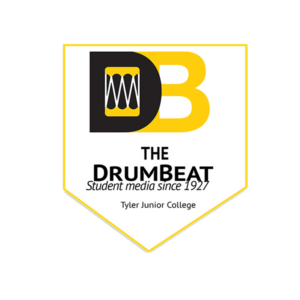College is hard enough without having a learning differ-
ence.”To equalize the playing field for a student with a learning difference, you try to provide the environment that they are go- ing to succeed in without making it an advantage,” said Tracey Williams/licensed professional counselor/tutor coordinator/ learning specialist/deaf student services.
Learning differences could include dyslexia, severe ADHD, a seizure disorder or anything that could affect the student’s per- formance in a classroom. A student who has a physical disability, a learning difference, or a hearing impairment, needs to know that there are services available at Tyler Junior College to help. According to the American with Disabilities Act of 1990, TJC must abide by the rules since it is a federally funded institution.
The process starts with a student meeting with the ADA (American Disabilities Act) specialist, so the needed accommo– dations can be determined in order to level the playing field for the student. Documentation stating the student’s disability is submitted by the student to Margaret Rapp/ADA student co- ordinator. Rapp then decides what needs to be done and if it’s reasonable in order to accommodate the student.
“If you broke your leg and had an issue that you couldn’t go up steps, we would try to move your class,” said Rapp. Potter Hall is in the process of installing an elevator. “That will make accessibility on all floors at TJC really hap–
pen,” said Rapp. There is also the DSSO (deaf student services office) which
falls under the ADA. Their services include note takers or inter- preters for hard of hearing or completely deaf students. There is also a deaf services coordinator that knows American Sign Language.
“American Sign Language is a whole separate language than English,” said Williams.
If students are born deaf they learn a sentence structure that is different from the sentence structure in a textbook or the English language.
An example of a sentence in ASL would be “The house white big on a corner,” said Williams.
Having qualified interpreters is important because they’re not interpreting a second grade English course; they’re inter- preting college-level courses.
Students with learning differences do not get modified work.
“Students with disabilities are going to do the exact same work as everybody else,” said Rapp.
Although, the student with a learning difference may be allowed more time to take a test or choose to take the test at the testing center.
The disability services office is located on the third floor of the Rogers Student Center, room 308. For more information on disability services call 903-510-2878 or email mrap@tjc.edu.


